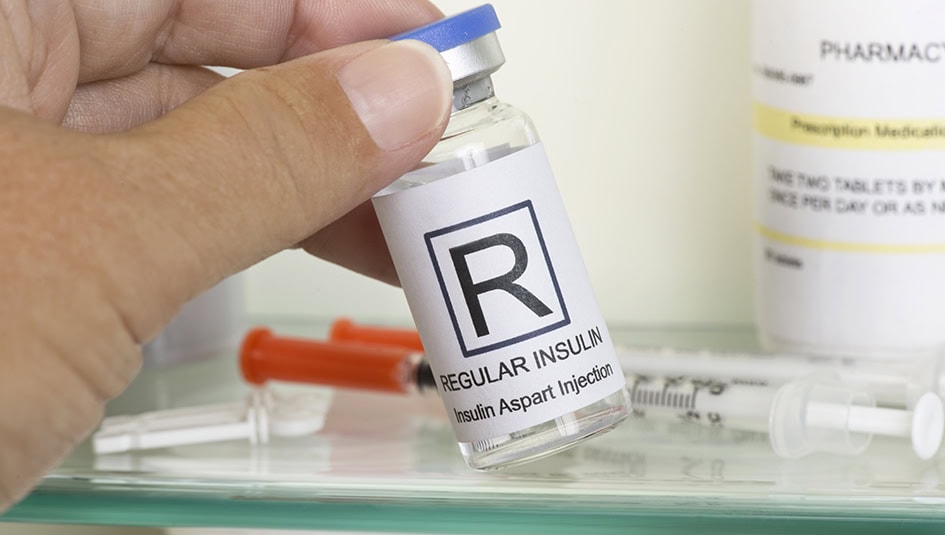How Not to Run Out of Insulin

Recently, we asked Jennifer Smith of Integrated Diabetes Management to provide a guide about what to do if you run out of insulin. Now, we’re sharing her guide for what to do to make sure that never happens (or never happens again).
Diabetes management requires keeping on top of a lot of supplies, and organizing is vital to have what you need to manage your glucose levels 24 hours a day, seven days a week. Without some forethought, it can be easy to get low on any of the supplies you need, including something as important as insulin.
Here are a few suggestions to make sure you never run low of insulin:
1) Keep a reminder on your calendar or phone for when prescriptions expire and set alerts the month before to remind yourself to call your doctor to renew your prescription.
2) Choose auto-fill – most pharmacies allow you to opt to pick up your prescriptions on the same day each month. With auto-fill you will get a reminder call/email/text telling you your prescription is ready for pick-up. If the prescription is expired, the pharmacy will also note in the call that they are either working to contact your physician to get the prescription renewed or that you need to call your doctor to get it done.
3) If possible, always keep an extra bottle of insulin (and other supplies) on hand just in case. Many endocrinologists have sample bottles in their office, so this could be a way to add an extra bottle to your monthly supply. Rotate this bottle into use when you pick up your next month’s supply, so you’ll always have an unexpired extra bottle on hand.
4) If the cost of insulin is an issue, explain this to your doctor or nurse and ask if you could use older generation insulin (such as NPH/N or R). These are available even without a prescription, but it is important to know what dose to use and how to use it. They work differently than the basal and rapid insulins that are commonly prescribed today. Also ask your doctor about office samples of insulin and discount plans offered by insulin companies.
5) Discuss a backup plan with your doctor for the use of NPH and R, just in case you need to resort to using these. Knowing how to adjust to using NPH from your current dose of basal insulin as well as how to use R insulin in place of your rapid insulin will make a big difference if you have to purchase these over the counter in an emergency.
6) Talk to your diabetes care team if you are struggling with doing what’s needed to stay organized in your diabetes management. There’s no shame in asking for help in your self-care.
Integrated Diabetes Services provides one-on-one education and glucose regulation for people who use insulin. Diabetes “coaching” services are available in-person and remotely via phone and online for children and adults. Integrated Diabetes Services offers specialized services for insulin pump and continuous glucose monitor users, athletes, pregnancy & Type 1 diabetes, and those with Type 2 diabetes who require insulin. For more information, call 1-610-642-6055, go to integrateddiabetes.com or write info@integrateddiabetes.com.
Thanks for reading this Insulin Nation article. Want more Type 1 news? Subscribe here.
Have Type 2 diabetes or know someone who does? Try Type 2 Nation, our sister publication.